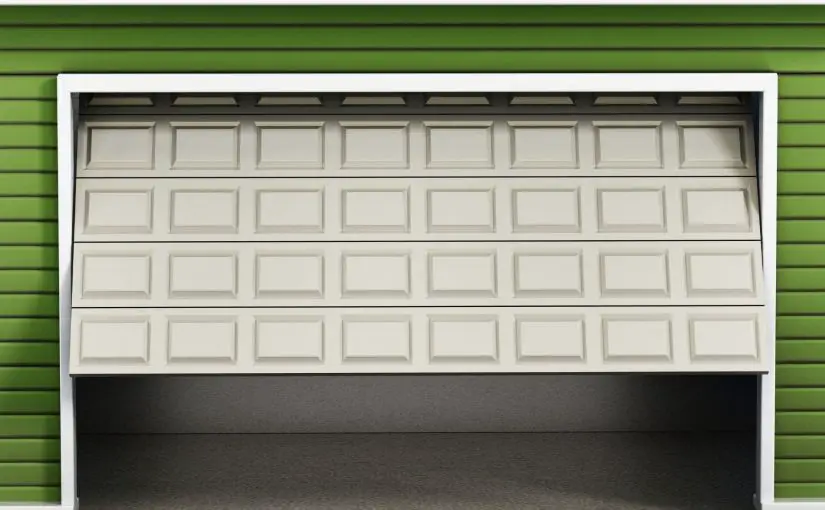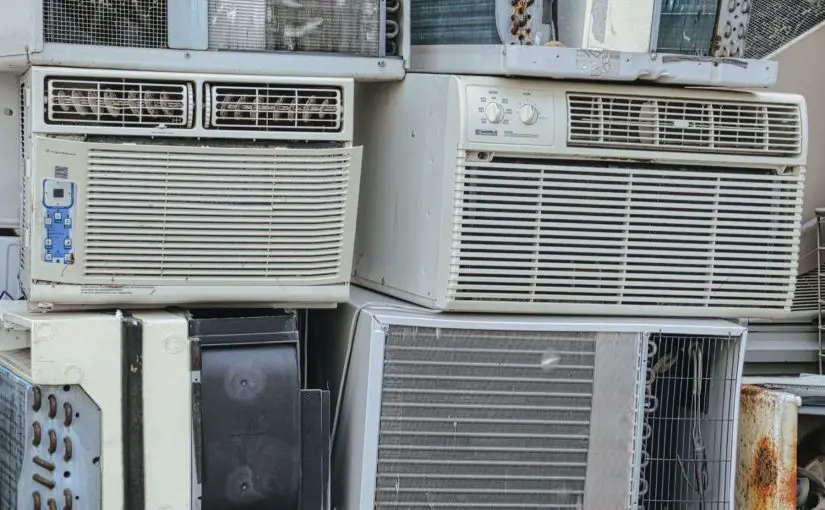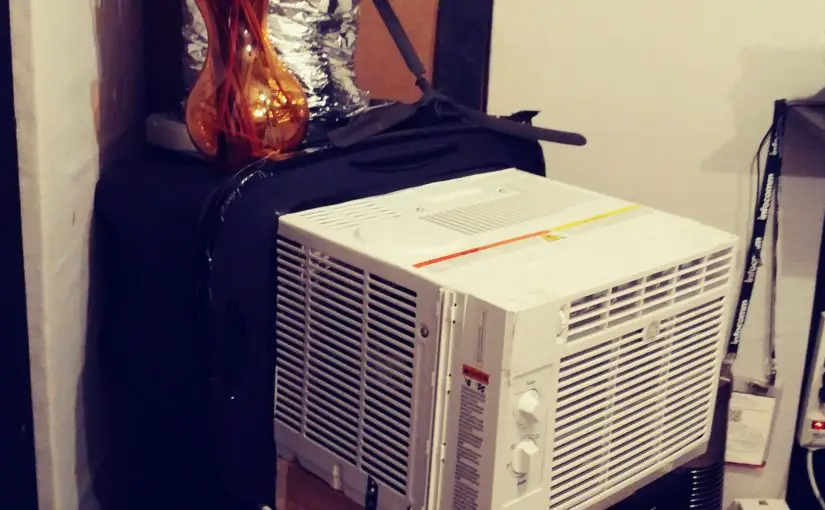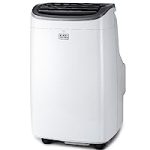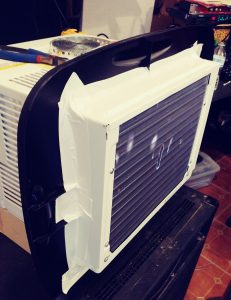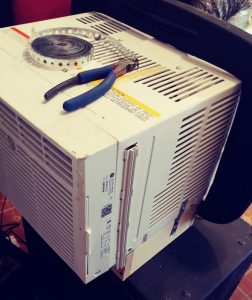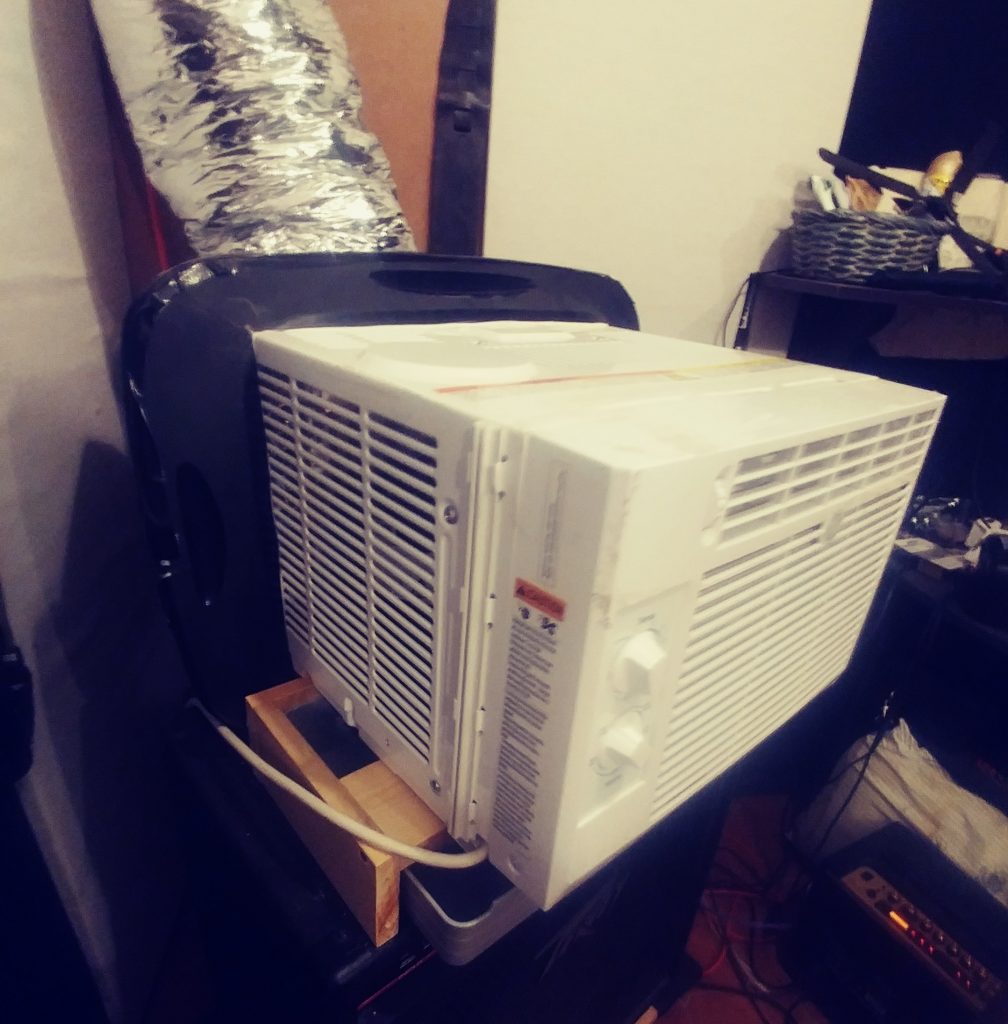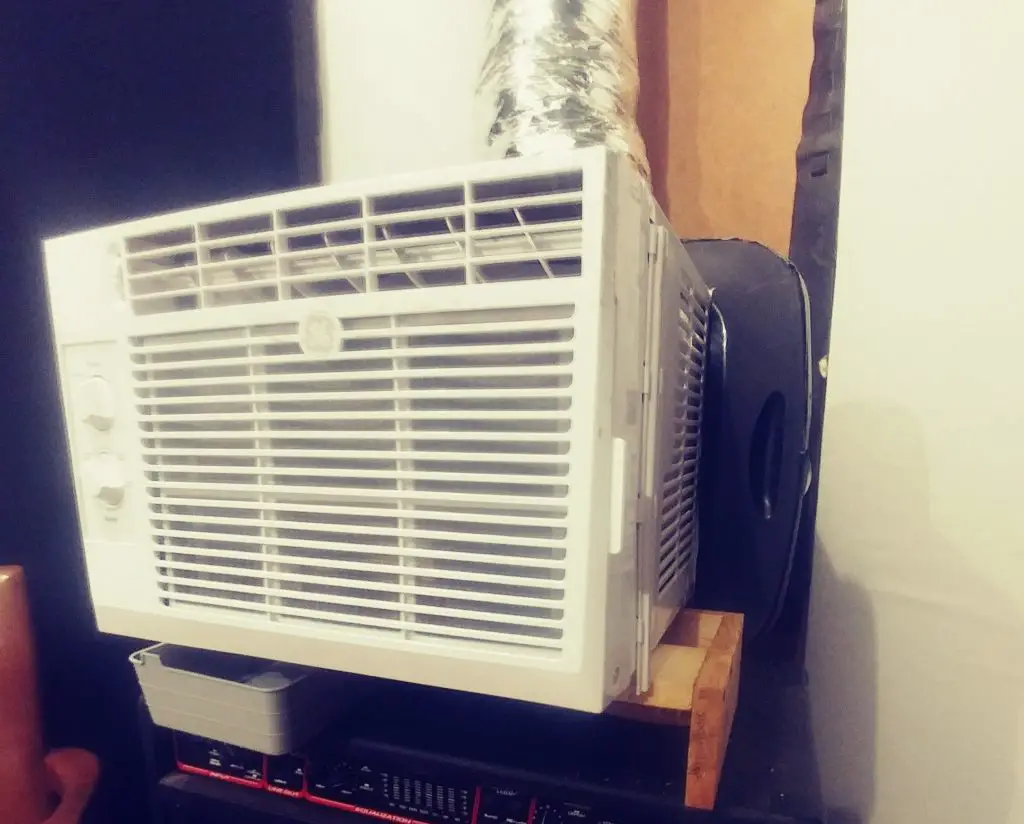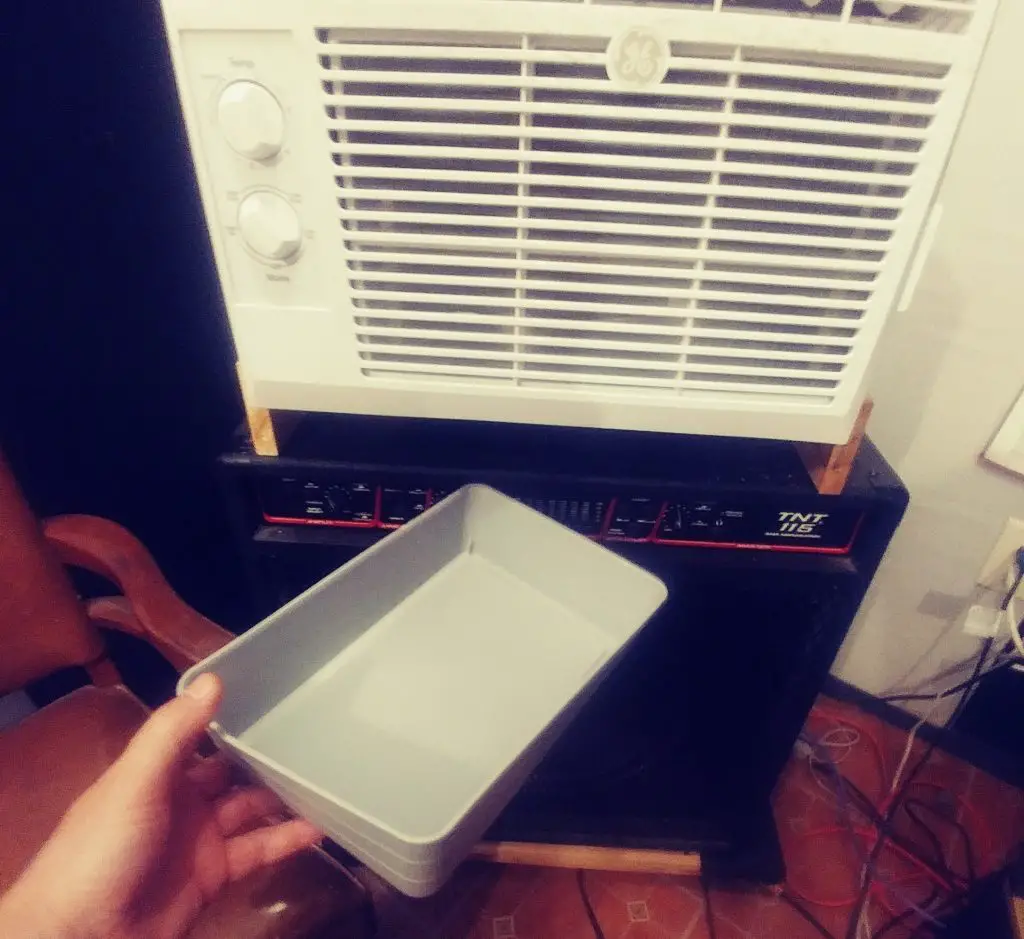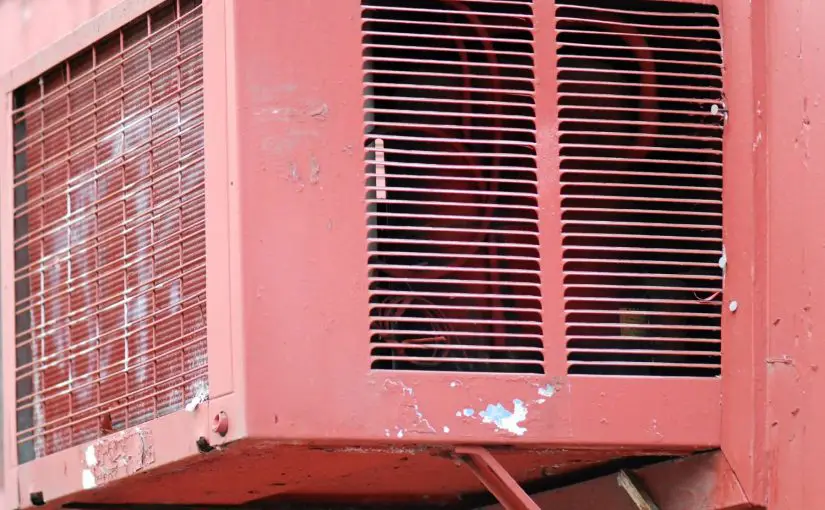Choosing the right window air conditioner for your space is the number one thing you can do to make sure that the air conditioner is going to work for your circumstances.
But how do you know which size air conditioner to buy?
There are a few key things to think about, square footage, ceiling height, location, and other factors like poor insulation, etc.
 How do you measure a room for a window air conditioner?
How do you measure a room for a window air conditioner?
1. Square Footage
The first thing to consider when measuring a room for a window air conditioner is the square footage.
W x L = Square Footage
The size of your room will determine the amount of cooling power that you need.
To calculate the square footage of your room, simply measure the length and width of the room and multiply the two numbers together.
For example, if your room is 10 feet wide and 15 feet long, the square footage of the room is 150 square feet.
If it is a simple situation, a normal room with normal ceiling heights, then square footage is really all you need.
You can simply look on the box for the amount of square footage you need and you’re ready to go.
2. Window Size
It’s really not worthwhile to do all the measuring of a room or calculating BTUs if the window air conditioner you have in mind does not fit inside of your window.
Simply measure the size of the window and compare it to the size of the window AC to make sure that you don’t overlook this small huge detail.
3. BTUs
Another metric you can use to measure for a window air conditioner is BTUs.
BTUs are a measure of the amount of heat that an air conditioner can remove from a room.
The higher the BTUs, the more cooling power the air conditioner has.
But to calculate BTUs you still need the square footage of a room.
So BTUs (British thermal units) are most useful when there is other extenuating circumstances involved. High ceilings, oddly shaped rooms, etc.
If you prefer to use BTUs as a metric for buying a window air conditioner, simply measure the width x length x height of the room and enter that information into a BTU calculator.
That will give you the amount of BTUs to look for on the packaging when buying a window air conditioner.
Should you purchase a window AC according to square footage or BTUs?
Either or. You can use square footage to purchase as a metric to purchase a window AC or you can use BTUs.
Or a little bit of both.
It is generally recommended to buy an air conditioner based on the square footage of the room you want to cool.
However there are different circumstances like ceiling height and how many people will be in the room at a time that will affect how large of a window AC you will want to purchase.
For these reasons, it’s always best to use square footage as a starting point when selecting a window air conditioner,
and then adjust the BTUs based on any additional factors that may impact the cooling capacity needed.
 Other circumstances
Other circumstances
Like we mentioned above, there are other factors that can affect the amount of BTUs you need for your room.
Tall ceilings
If your room has tall ceilings, you may need to increase the number of BTUs to compensate for the additional volume of air in the room.
For rooms with ceiling heights of 10 feet or higher, you should add an additional 1,000 BTUs for every 2 feet of additional height.
For example, if your room has a ceiling height of 12 feet, you would need to add an additional 1,000 BTUs to the recommended number for your square footage.
Hotter Rooms
If your room is located in a hotter part of your home, such as a kitchen or a room with a lot of windows that get direct sunlight, you may also need to increase the number of BTUs.
In general, it is recommended to add an additional 4,000 BTUs for rooms that get a lot of sun or are located in kitchens.
Location of the air conditioner
When installing your window air conditioner, it is also important to consider the location of the unit.
If your air conditioner will be sitting in direct sunlight, you may need to increase the number of BTUs to compensate for the additional heat gain.
Poor insulation
If your room has very poor insulation, you may need to add additional BTUs to compensate for the additional heat gain.
Proper installation
Always, it is important to ensure that the air conditioner is installed securely in the window to prevent air leaks and to maximize efficiency.
Body Heat
Body heat can be an issue if you’re planning on using a window AC where there is going to be multiple people a lot of the time.
If for instance you are going to use the AC for a conference room you would want to step up the size of the AC to compensate for the amount of body heat that having so many people in one place can generate.
Insulation
It’s not really useful to take all the steps to carefully measure a room and then leave gaps in the installation.
Its also important to note that these are general guidelines, and you may need to adjust the recommended BTUs based on your specific circumstances.
Conclusion. How do you measure for a window air conditioner?
The basic formula for measuring a room for a window air conditioner is to find out the square footage of the room.
W x H X L
The square footage of a room will give you the basic knowledge you need to purchase a window air conditioner.
Window size
The second thing you’ll need to know is the window size. Is a pretty important part of the equation. If your window is not big enough to hold the window air conditioner, you may have to go with a smaller air conditioner or even a different type of air conditioning.
Measuring a room for a window air conditioner requires consideration of the square footage, ceiling height, location, and other factors that can affect the amount of cooling power that you need.
By following these guidelines and taking into account your specific circumstances, you can choose the right air conditioner for your space and stay comfortable in even the hottest weather.
FAQ.
Let’s take a look at some examples of different sized rooms and the amount of BTUs each would need:
How many BTUs Do you need for a 10×10 room
A small bedroom with dimensions of 10 feet by 10 feet (100 square feet) would require an air conditioner with 5,000 BTUs.
How many BTUs do you need for a room that is 15×20 but has 9-ft ceilings?
A living room with dimensions of 15 feet by 20 feet (300 square feet) and a ceiling height of 9 feet would require an air conditioner with 8,000 BTUs.
How many BTUs does a kitchen that is 10×15 but is also sitting in direct sunlight need?
A kitchen with dimensions of 10 feet by 15 feet (150 square feet) and a lot of windows that get direct sunlight would require an air conditioner with 9,000 BTUs (5,000 BTUs for the square footage plus an additional 4,000 BTUs for the heat from the sun and kitchen).
How many BTUs does a 20×25 ft room with 10 ft ceilings and an open concept need?
An open concept space with dimensions of 20 feet by 25 feet (500 square feet) and a ceiling height of 10 feet would require an air conditioner with 14,000 BTUs (adding an additional 2,000 BTUs for the taller ceiling).
How many BTUs for a big bedroom that is 15×15 sq feet?
What about if it’s a second floor bedroom?
A master bedroom with dimensions of 15 feet by 15 feet (225 square feet) that is located on the top floor of a two-story house would require an air conditioner with 7,000 BTUs (adding an additional 1,000 BTUs for each additional story of the house).









